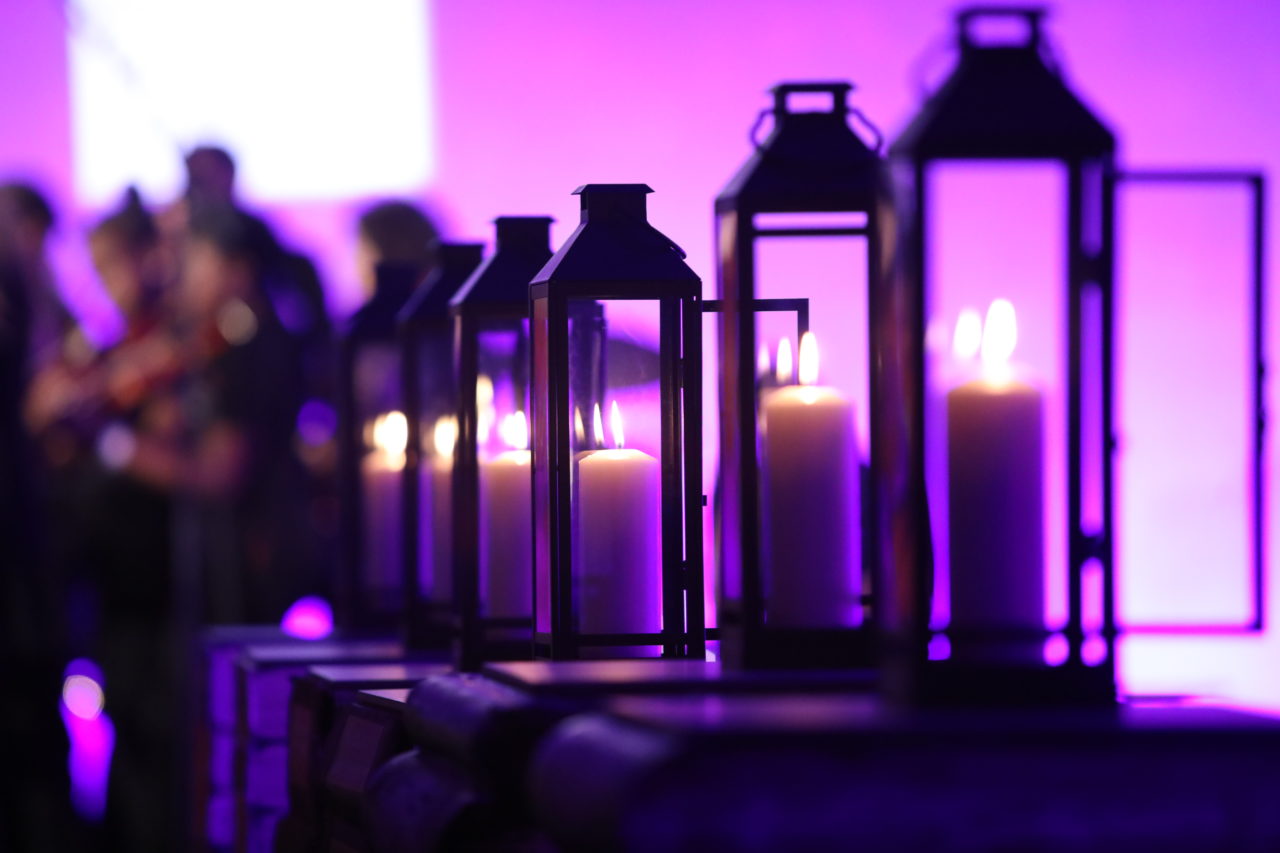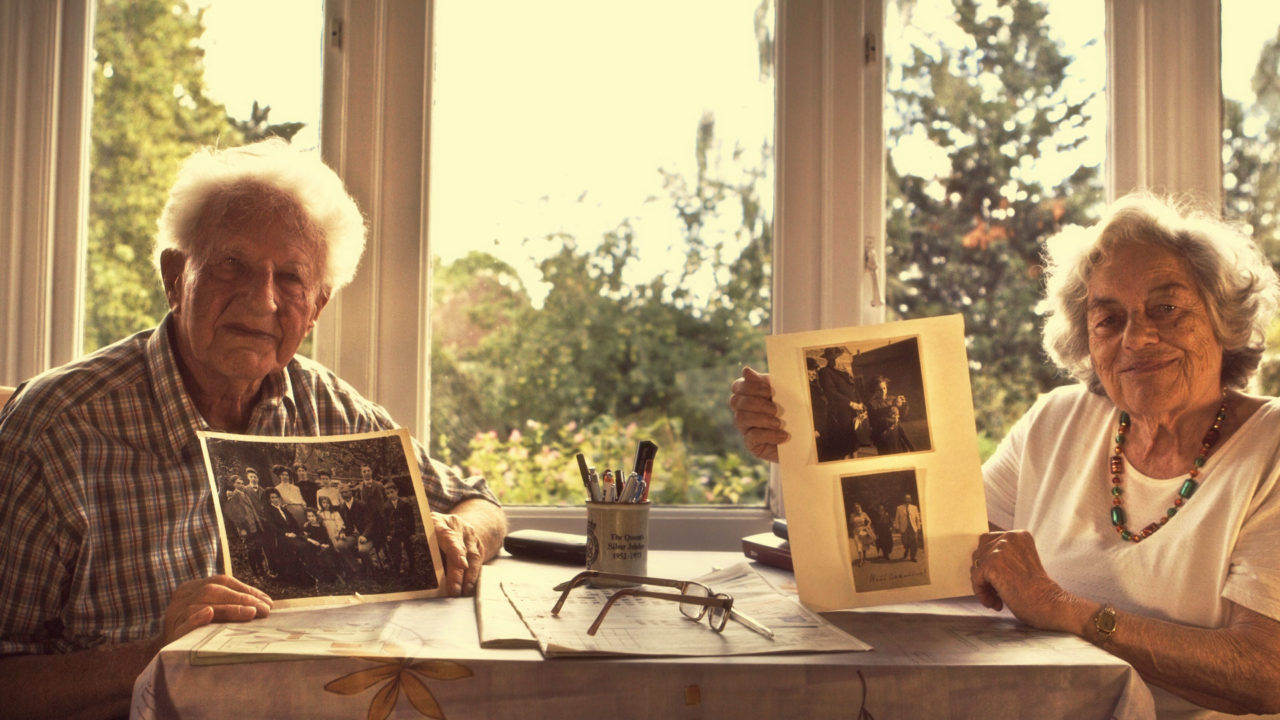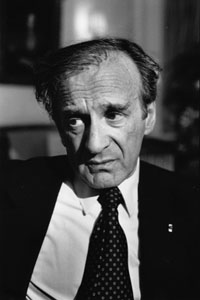21 March: World Poetry Day
Every year on 21 March, World Poetry Day celebrates poets and the reading, writing and teaching of poetry.
World Poetry Day is an invitation to reflect on the power of language and the full development of each person’s creative abilities.
Many people have responded to the atrocities of the past through poetry. Some people write poetry during genocide, such as Michael Flack who wrote Terezin in 1944. Some survivors of the Holocaust and genocide turned to poetry soon after their experiences and some turned to poetry years later, as they tried to come to terms with the memories of trauma.
As well as those who directly experienced genocide, many people turn to creative mediums such as poetry after learning about the Holocaust and genocide.
You can read the poem Never Shall I Forget by Elie Wiesel, a survivor of the Holocaust here, or Avram Schaufeld’s more recent poem Do Not Ask, which expresses the difficulties of being known as ‘a survivor’. Reverend Francois Murenzi wrote Children of Rwanda after surviving the Genocide in Rwanda, which you can read here.
Many people choose to write or share poetry for Holocaust Memorial Day. A famous and often-shared poem is First They Came by Pastor Martin Niemoller, which you can read here.
You can see a selection of poems on our resources section, which you could share at your Holocaust Memorial Day activity.
Explore our other dates to remember


